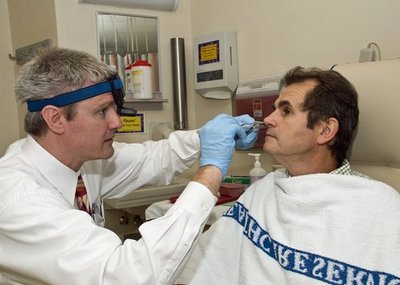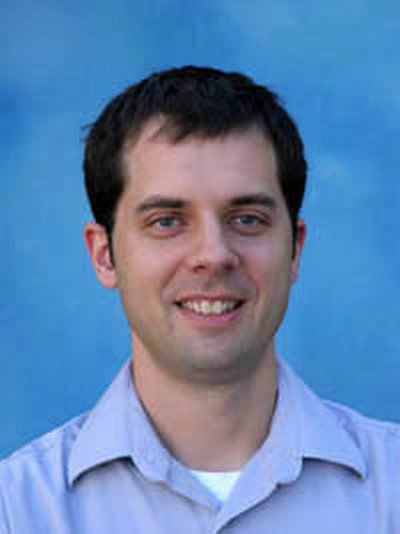August 6, 2009
Sleep apnea, air pollution, vitamin D, Native Americans in science among UW’s research awards through federal stimulus package.
By Catherine O’Donnell and Vince Stricherz
News & Information
Help for people who suffer from sleep apnea.
Better measurements of air pollution.
Better understanding of vitamin D.
Work for a young teacher who wants to interest Native American high school students in science.
All of these UW projects have recently received funding as the result of the federal stimulus act President Barack Obama signed in February.
Since the first awards in the spring, the UW total has reached 99, and they add up to $38.3 million.
Most awards are from the National Science Foundation and the National Institutes of Health, but there are other sponsors, such as the State of Washington.
Among recent recipients is Edward Weaver, an associate professor of otolaryngology who received a $148,000 supplemental award from the National Heart, Lung and Blood Institute. It’s for an ongoing clinical trial of a procedure to make breathing easier for people who have sleep apnea.
Affecting 2 to 4 percent of middle-aged adults, sleep apnea interrupts breathing, causing repeated choking during sleep. Each episode may last only seconds and the person may not fully awaken, but sleep quality drops, and over time, the person becomes exhausted. Long-term complications include heart disease and the possibility of stroke.
Weaver’s procedure, which is minimally invasive, shrinks swollen nasal tissue and could complement the main treatment for apnea — continuous positive airway pressure from a device worn while sleeping.
The award includes funds for an additional research coordinator, which will allow the five-year trial to proceed faster.
Also at UW Health Sciences, Kenneth Thummel, chairman of Pharmaceutics, received $307,000 to study the way certain drugs activate intestinal enzymes that in turn break down vitamin D and affect calcium absorption into the body. This system change can lead to osteomalacia, which makes bones rubbery.
As a supplement to his research, Thummel also received funding for Joseph Yracheta, a teacher at the St. Francis Indian School in South Dakota, to do a three-month internship in his laboratory. Yracheta is interested in the nexus between Native American sensibilities and the scientific method, as he’d like to interest his students in scientific careers.
Other stimulus recipients include Joel Thornton, an assistant professor of atmospheric sciences. He garnered $800,000 from the National Science Foundation to take part in a multi-institution atmospheric chemistry field campaign operated by the National Oceanic and Atmospheric Administration and the California Air Resources Board.
The campaign seeks better understanding of chemical and physical processes where air quality and climate overlap, then establishing a basis to judge effectiveness of policy regulations related to air quality and greenhouse gases.
Thornton’s group will measure key reactive pollutants from human emissions of trace nitrogen oxides and examine their interaction with sea spray, which affects smog formation in coastal urban areas. The group recently developed methods that for the first time measure key aspects of trace nitrogen oxide pollutants combined with atmospheric particles called aerosols, such as those formed by sea spray. The methods will be used in studies conducted aboard the Research Vessel Ronald H. Brown along the coast and in major California ports during June and July of 2010.
UW administrators say that if the stimulus awards prove comparable to past research award programs, the total could be $250 million to $300 million, which could translate into a substantial number of new or saved jobs, primarily those held by researchers, technicians and graduate students.
For more information about the stimulus awards, go here.



